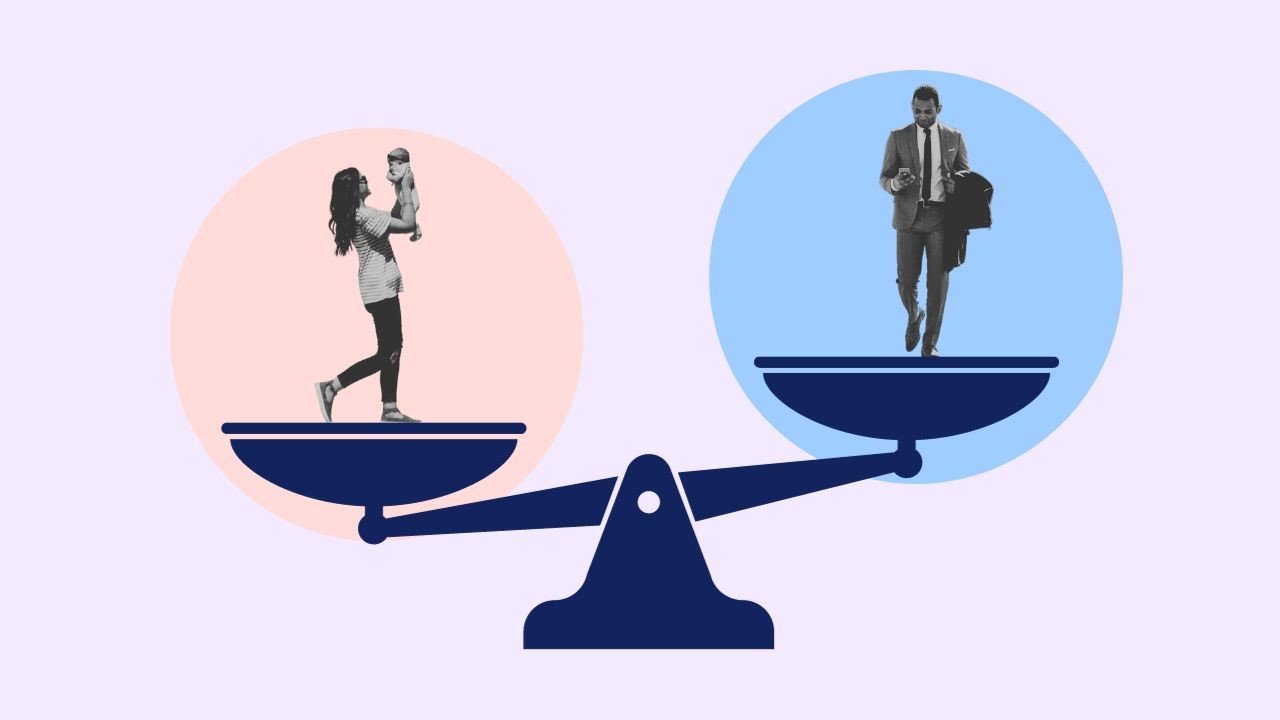Earlier this year, Walmart, one of the nation’s largest private employers, agreed to pay a former female employee working in Ottumwa, Iowa, $60,000 and to provide training regarding sex discrimination to managers. The EEOC, on behalf of the employee, sued Walmart when the female employee had been passed over for a promotion to manager because store management assumed that, because the employee had young children at home, she was not interested in advancing her career.
In a press release, the EEOC stated, “Sex discrimination includes discrimination against an employee because of sex-based stereotypes, such as the stereotype that mothers are unreliable or uncommitted employees.” Judge Stephanie Rose, Chief Judge of the Southern District of Iowa, had previously refused to dismiss the case stating, “The ‘pervasive presumption that women are mothers first, and workers second’ is among the sex stereotypes Congress has explicitly identified as impermissible.” (citing to prior US Supreme Court decision).
While women are increasingly entering the workforce, they often face barriers to advancement in their careers. One of those barriers is known as the “Motherhood Penalty.” Studies have shown that mothers earn about 5% less per child than others performing the same work. Fathers do not face this same wage disparity. In fact, all women of childbearing age are penalized at work because of the assumption that they will have children. These barriers are a result of gender stereotypes only, as there is no evidence suggesting that mothers do not perform equally to others at work. Overcoming and eliminating the “Motherhood Penalty” should be a priority for all employers.
At Ann Brown Legal we represent women who have been discriminated against at work because of their gender. This includes women who have been discriminated against based on stereotypes about employees who are mothers. If you believe that you have been a victim of workplace discrimination, please call us to discuss your concerns at (319) 866-9277.




